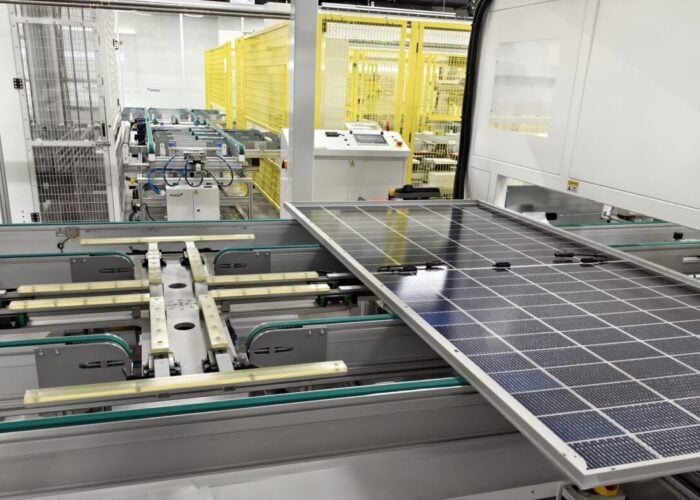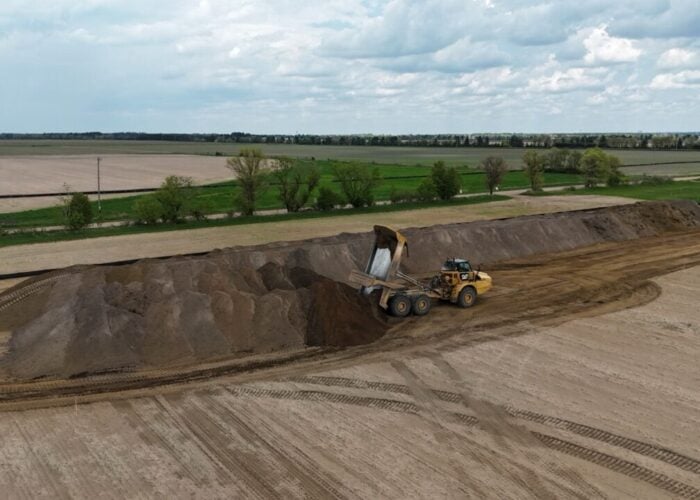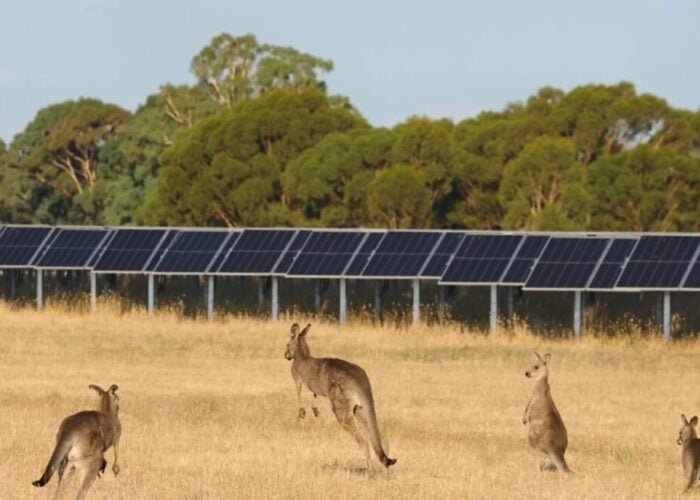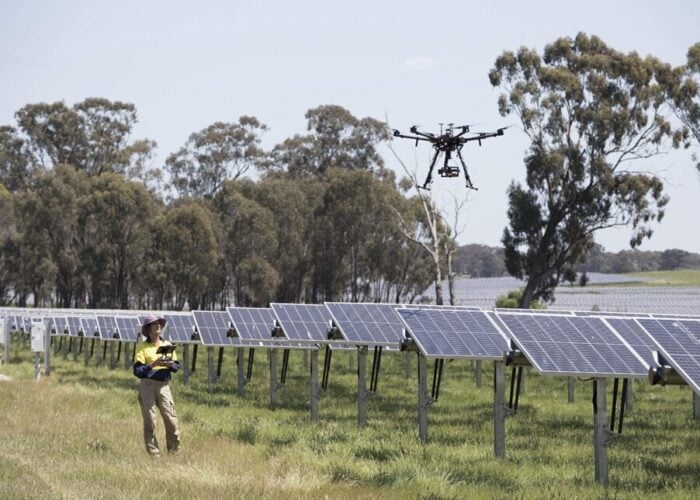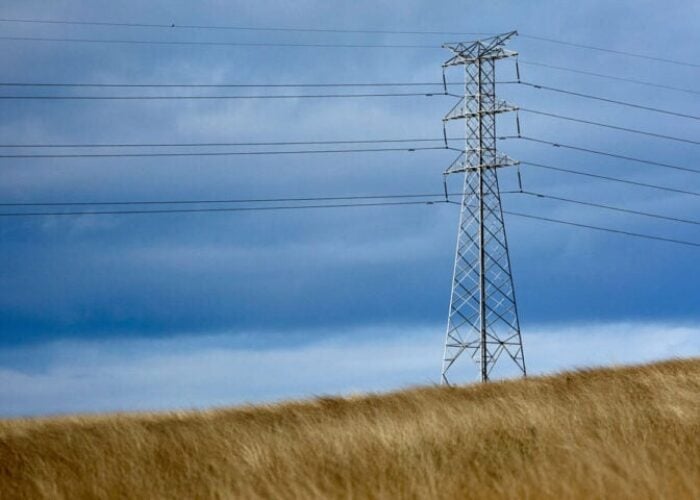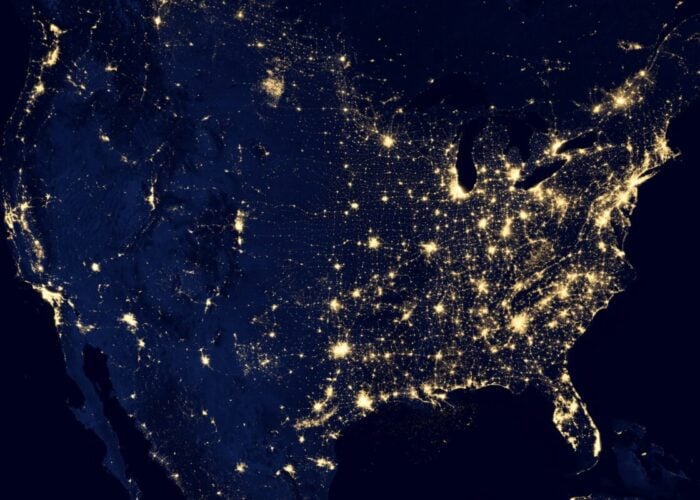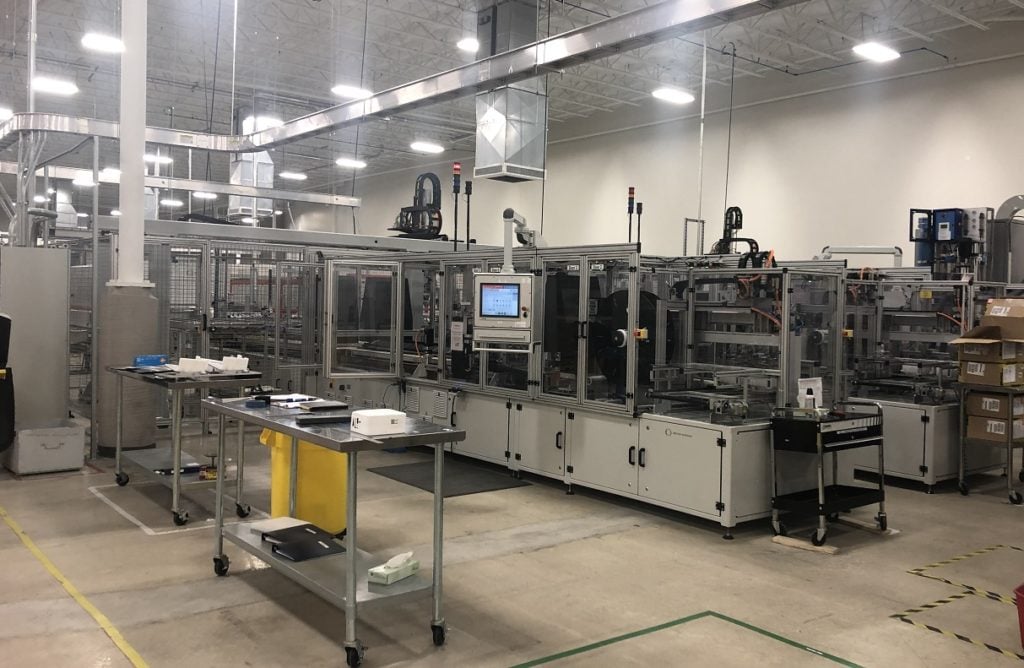
Canadian PV module manufacturer Heliene has seen unprecedented demand for its modules following the US Department of Commerce’s (DOC) decision to investigate alleged anti-dumping and circumvention (AD/CVD) by solar manufacturers in Thailand, Vietnam, Malaysia and Cambodia, which continues to spread chaos across the US solar sector.
Its president Martin Pochtaruk, speaking to PV Tech at Intersolar 2022, where we are also running a live blog, said the case has “turned the US solar industry inside out” and that his company was now sold out for orders until the end of 2023.
Unlock unlimited access for 12 whole months of distinctive global analysis
Photovoltaics International is now included.
- Regular insight and analysis of the industry’s biggest developments
- In-depth interviews with the industry’s leading figures
- Unlimited digital access to the PV Tech Power journal catalogue
- Unlimited digital access to the Photovoltaics International journal catalogue
- Access to more than 1,000 technical papers
- Discounts on Solar Media’s portfolio of events, in-person and virtual
Heliene does not source any of its module components from China or the countries under investigation, meaning it will avoid any retroactive tariffs the DOC might decide on. It has certified manufacturing facilities in Indonesia and India and Pochtaruk said Heliene is also looking to certify another facility in India, bringing its total manufacturing capacity to 900MW.
This 900MW will be online next year, up from around 660MW this year, and is already all accounted for, with Heliene completely booked up until the end of next year. Given the soaring demand, Pochtaruk is also eyeing capacity expansions to the tune of an extra 300-400MW, with Heliene already getting quotes from equipment suppliers. Any expansion would be decided after DOC’s predetermination in August, he clarified.
Even though countless companies are contacting the manufacturer as US developers scramble to access modules, Heliene has prioritised its previously clients with which it has long-standing relationships, Pochtaruk said.
Utility developers trying to source massive capacities of modules as supply in the US dries up are trying to negotiate on price despite colossal demand, he says, adding that Heliene prefers to work with its existing clients on smaller projects with better margins.
He is also sceptical that the AD/CVD case, which has been described as a “monumental loss” for the US solar industry, will be resolved anytime soon. The DOC decided to investigate the case in March, with preliminary findings of the investigation be published on or before 30 August 2022, although there have been calls to expedite this.
Pochtaruk said that given the size of DOC’s investigative team and other ongoing cases outside of solar, it was highly unlikely that the decision will be brought forward, despite intense political pressure to do so given the case is predicted to slash 24GW of US solar capacity over the next two years.
The other prominent module manufacturer in Canada, Silfab Solar, which Heliene enjoys a close relationship with, sources some of its components from Thailand, meaning it has more invested in seeing a quick resolution to the AD/CVD case, Pochtaruk said.

